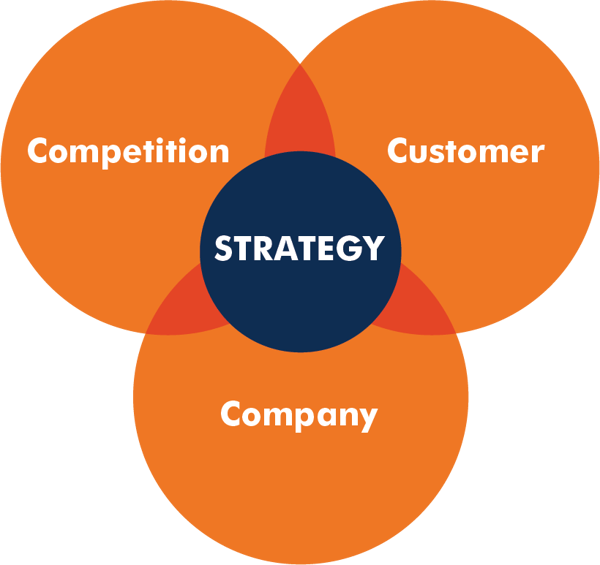Should You Bother Doing Competitive Intelligence Today?


In Mezzanine's first 5 years of business, the company did a lot of competitive intelligence (CI) projects. Between 2005 and 2010, we did around 40 CI projects. Some projects were big, like the 6-month project we did for a credit card company. Others were small, like a two-week project on pricing for a steel processing company.
It was easy to see why we got hired to do these projects; as a third party, we were in a better position to access information than the employees of our clients. Don’t get me wrong, this competitive intelligence work wasn’t phone-tapping or anything shady. But it was tough work, which meant it wasn’t cheap – although that didn’t stop clients from hiring us.
The reason that clients wanted competitive intelligence was clear. In order to develop new offerings, companies needed to have a good understanding of what competitors were doing. If you subscribe to the 3Cs model of business strategy (Company, Customer, Competitor), the importance of knowing your competition is clear:
Good business strategy lies at the heart of the 3 Cs. You can’t develop a good strategy if you don’t have a solid understanding of the 3 elements:
- your Company (its strengths, weaknesses, assets and objectives)
- your Customers (their wants, needs and buying behavior)
- your Competition (their offerings, pricing, limitations and objectives).
This model is as valid today as it was when I started Mezzanine. Whenever I talk with a CEO who says his / her company is struggling, I go back to this model and work through it. Usually the solution can be found in one of the elements – or a combination of two or all three elements.
But lately, as I see more ground-breaking business models and innovation that completely re-invent industries, the question I’ve been wondering is
In this age of disruption, does competitive intelligence matter?
If you’re running a taxi company, does it really matter what your fellow taxi companies are doing, when Uber has changed the model? If you’re running a hotel, does it matter what the place down the street is doing when everyone has migrated to Airbnb?
In short, should you bother doing competitive intelligence, or should you focus on coming up with a disruptive offering that will reinvent your market?
I think the answer is yes, and yes.
The Role of Competitive Intelligence Today
There’s still a role for traditional competitive intelligence and knowing what your competitors are doing and how they’re doing it. Here’s why:
1. Your customers will know these things
When your sales people are talking with prospects, they need to be able to respond to customer queries about how your product or service compares with the competition. Being ignorant about these things will make everyone in your business appear less competent than they probably are.
2. You can gain insights from what competitors are doing, which will help you develop new service
The point of competitive intelligence isn’t necessarily to outright copy what your competition is doing (although that is often the result of this work). The real purpose of competitive intelligence is to be able to see a market holistically, understand how it’s evolving and develop products and services that map to where the market is evolving.
For hockey fans, the best analogy to this is the description of why Wayne Gretzky was such a good player – because he knew where the puck was located in a given moment, and more importantly – he knew where the puck was going to be a few moments in the future.
3. The likelihood of industry disruption is low
I don’t want to discount the chaos that emerges when an industry is disrupted. It puts the majority of competitors out of business in less than a decade. It throws countless people out of work, is the cause of major owner and shareholder losses, and decimates suppliers and vendors associated with the traditional operators.
But the reality is that disruption doesn’t happen that often. The reason Airbnb, Uber, Spotify and Amazon are so easily pointed to are because they’re highly successful. They are the exceptions - not the rule - in day-to-day business. And most small and mid-size B2B companies need to focus on the practical reality of running their businesses day-to-day.
So they should invest a certain amount in understanding what their competitors are doing and how they’re doing it, to make sure they can continue to evolve their businesses, for next week, next month and next year.
This isn’t to negate the importance of disruption and looking out for opportunities to dramatically reinvent what your business offers to customers and how your industry defines itself. In fact, competitive intelligence is a useful input to that thinking process – not an alternative to it.
To learn more about competitive intelligence, read our previous blog for tips on incorporating CI into your marketing plan or contact us today.
.png?width=2361&height=488&name=Mezzanine%20Logo_Horiz_RGB_on%20blue%20(1).png)
